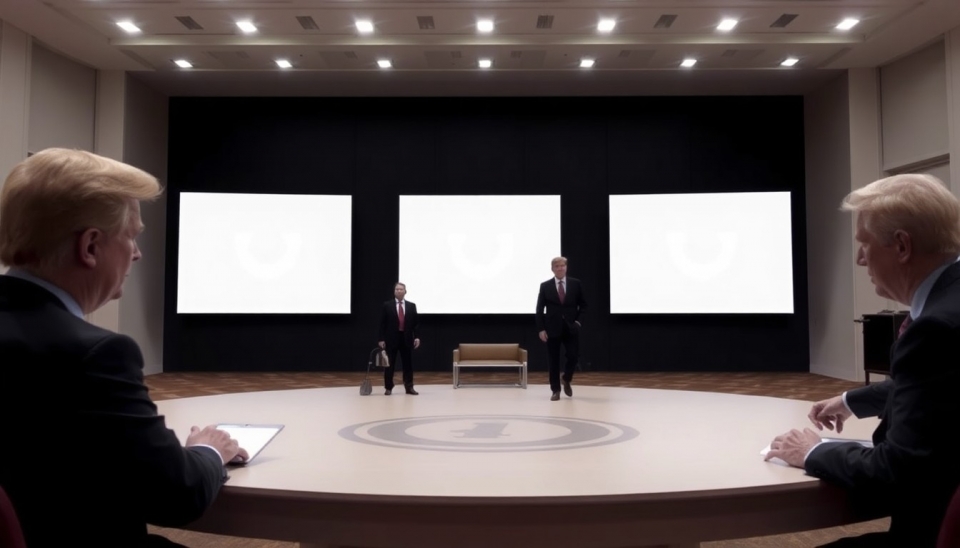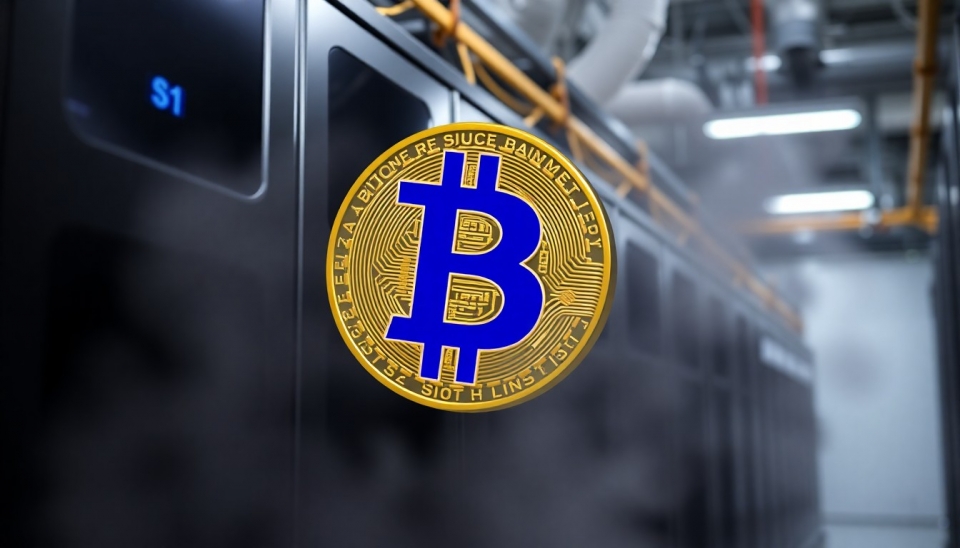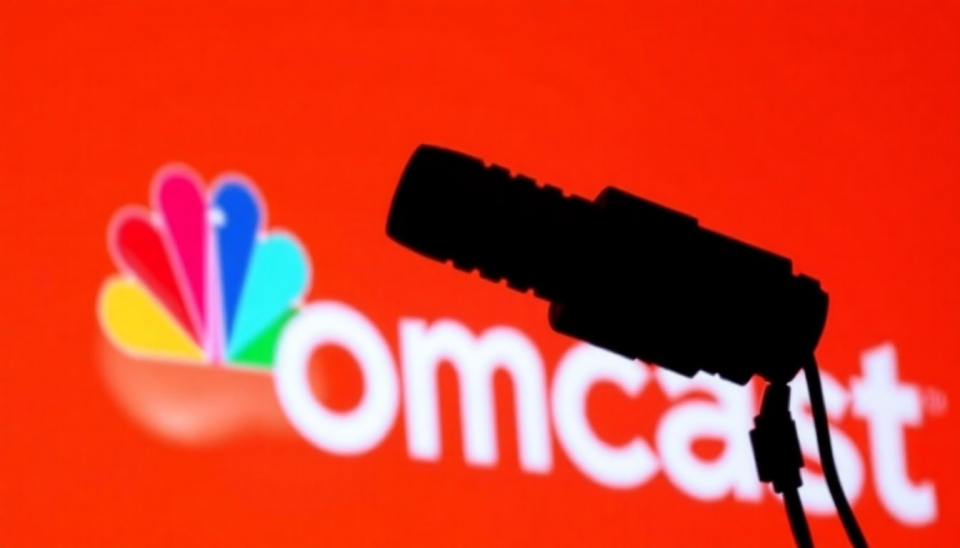
In a significant push against proposed semiconductor regulations, leaders from the technology sector and various international governments have joined forces to urge former President Donald Trump to reassess the recently implemented restrictions on AI chip exports. The appeal comes as concerns mount over the potential ramifications these curbs could have on innovation, economic growth, and international cooperation in the burgeoning field of artificial intelligence.
Prominent figures in technology, including executives from major chip manufacturers and artificial intelligence companies, articulated their worries during recent discussions held in a closed-door session. They emphasized the need for a balanced approach that fosters technological advancement while addressing national security concerns. According to sources, participants highlighted the competitive nature of the global AI landscape, where restrictions could hinder U.S. companies' ability to compete effectively against international rivals, particularly those in China.
Among the tech executives advocating for change was a notable voice from Silicon Valley, who argued that overregulating AI chip exports could stifle innovation at a time when advancements in AI are crucial for economic growth and societal improvements. “We must ensure that America remains at the forefront of AI development, not only for the benefit of our economy but also for the global community,” the executive remarked.
Additionally, representatives from various countries have expressed their unease regarding the restrictions. They argue that such policies could strain diplomatic relations and hinder collaborative international projects that leverage AI technology for global challenges such as climate change and public health crises. A European government official highlighted the importance of maintaining open lines of communication and technology sharing, stressing that innovation thrives in collaborative environments.
This gathering comes on the heels of escalating tensions between the U.S. and China concerning technological superiority. Many attendees noted that unilateral export controls could inadvertently serve to propel rival nations to expedite their own advancements in AI without U.S. influence. They urged for reforms that would facilitate rather than hinder international partnerships, fostering a more unified approach to AI regulation that aligns with broader economic and security interests.
As the deadline for comments on the proposed restrictions approaches, tech leaders are mobilizing their efforts to engage key policymakers. They are hoping to produce a counter-narrative that not only highlights the economic implications of these regulations but also presents viable solutions that could satisfy security concerns without stifling growth.
The outcome of these discussions could significantly impact the direction of U.S. tech policy and the global AI landscape. The coming weeks will be critical as tech chiefs and foreign leaders continue their advocacy, pressing for changes that support a more dynamic and cooperative technological future.
In summary, as pressure mounts from the tech industry and international allies, the debate over AI chip export restrictions reflects broader themes of competition, collaboration, and the quest for innovation in an increasingly interconnected world.
#AI #TechPolicy #Semiconductors #Innovation #InternationalRelations #DonaldTrump #TechIndustry #GlobalCollaboration
Author: John Miller




